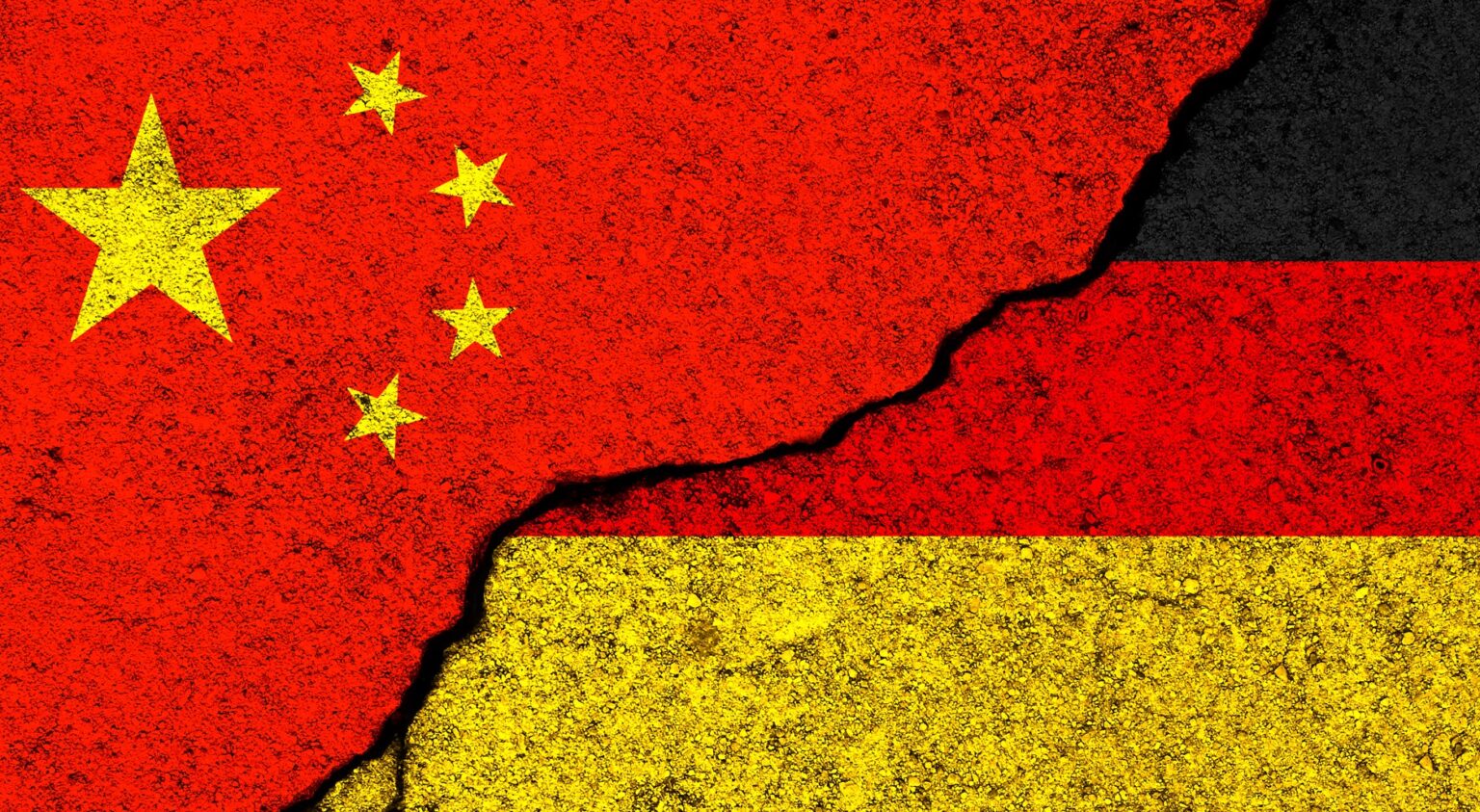Berlin is striving to limit the participation of Chinese companies in domestic telecommunications. Richer in experience with Russians thanks to the Nord Stream 2 project, the Germans will assess the Chinese 5G technology’s impact on network security and infrastructure. While the new restrictions are likely to worsen relations with Beijing, which was supposed to support German operators in building higher standard networks, they will free the Germans from doing business with the next regime – writes Jędrzej Stachura, editor BiznesAlert.pl.
Struggle of Chinese technology in the West
Officials and politicians in Berlin have been discussing expanding the mobile network standard across the country for years. They also argue about the participation of Chinese manufacturers Huawei and ZTE, which provide the domestic network with the necessary components. Currently, the Chinese provide almost 60 percent of the components installed in the German 5G network, but this is about to change soon.
A few days ago, the newspaper Handelsblatt reported that the German federal government plans to limit the use of Chinese technology in infrastructure. Germany’s three main operators, Deutsche Telekom, Vodafone and Telefónica, are to be required to remove Chinese components from critical infrastructure systems. According to the announcement, in the summer of 2023, the Ministry of Internal Affairs will subject Huawei and ZTE to a strict inspection, which will ultimately define the role of components from China in the German market in the future. If we pay close attention to what the officials are saying, we may conclude that the Chinese involvement with Germany’s domestic fifth generation wireless network will simply end quickly. The goal of the upcoming inspection is to prepare an assessment on whether the Chinese intelligence, previously associated with Huwaei equipment, is a risk.
For months, Chinese manufacturers have had to come to terms with unrequited love from the West and sanctions initiated by the Americans. The US has initiated trade and financial restrictions against Chinese telecommunications companies, which in subsequent countries, including the European Union, have had an increasingly difficult time. Germans, unlike many member states, initially decided against a blanket ban on 5G technology from Huawei. However, they decided that all network components classified as „critical IT infrastructure” must be verified and certified by the German authorities. Interestingly, before the US sanctions, Huawei’s equipment was considered the most technologically advanced and very affordable.
At the end of 2022, the EU stated that member states must urgently withdraw from cooperation with „high-risk suppliers”, which include selected companies from China. Germany, therefore, has a problem, because a quick uprooting of the Chinese would in practice mean a serious destabilization of the telecommunications network or even its death. So they must do it wisely, before actual harm is done, which is why they decided to carry out the inspection.
Meanwhile, Reuters reports that German mobile operators are to build a new network without Huawei and ZTE components. The federal government emphasizes that the decision in this case will depend on whether the manufacturer is directly or indirectly under the influence of the state. Huawei says it is independent, while the government in Beijing has repeatedly signaled that it is committed to Huawei’s growth in Europe and has promised financial support if the company continues to face Western sanctions.
With every month, China is getting another blow from the West. For example, the United States, Canada and the European Union have banned their officials from using the Chinese TikTok app amid fears of espionage and recommend it to all citizens. Interestingly, Belgium and the UK said that the platform does not violate the rules, and their intelligence does not see a threat.
What about China? By default, as with US sanctions, it opposes German plans to ban Huawei and ZTE components. „We have taken note of German media reports that the government intends to ban Chinese companies from participating in the construction of key infrastructure in Germany. If this information is true, China is concerned and dissatisfied with the hasty decision taken by the Germans,” the statement said. The embassy added that it opposes the abuse of power by the German government. Recently, a similar fate befell Chinese 5G technology in Sweden and the UK.
Learning from mistakes
When we read about the announcements of the German government, it is difficult not to see an analogy in relation to the Nord Stream 2 project. The pipeline was supposed to be an investment that would allow Germany to become Vladimir Putin’s go-between, send Russian gas to Europe and sell it on to other countries, probably much more expensively, for decades to come. In fact, if it had worked, it could have made the Old Continent dependent on gas and the Kremlin’s will. Today, we already know the real face of the Russian president, who uses raw materials to blackmail, manipulate and destabilize European countries, such as Moldova. Nord Stream 2, connecting Russia with Germany, while bypassing Ukraine and Poland, among others, could have been an unforgivable mistake, provoked mainly by the German love of doing business with the Russians.
Despite the fact that the situation in Taiwan is still shaky, it is not yet time to compare China to Russia attacking an independent state. However, there are many indications that this time Germany will put the security of its citizens ahead of money and business ties. Perhaps they have seen that relying on one supplier in such fundamental areas as telecommunications or fossil fuels does not lead to anything good. Fingers crossed that this time Germany is wise before the damage, not after.









